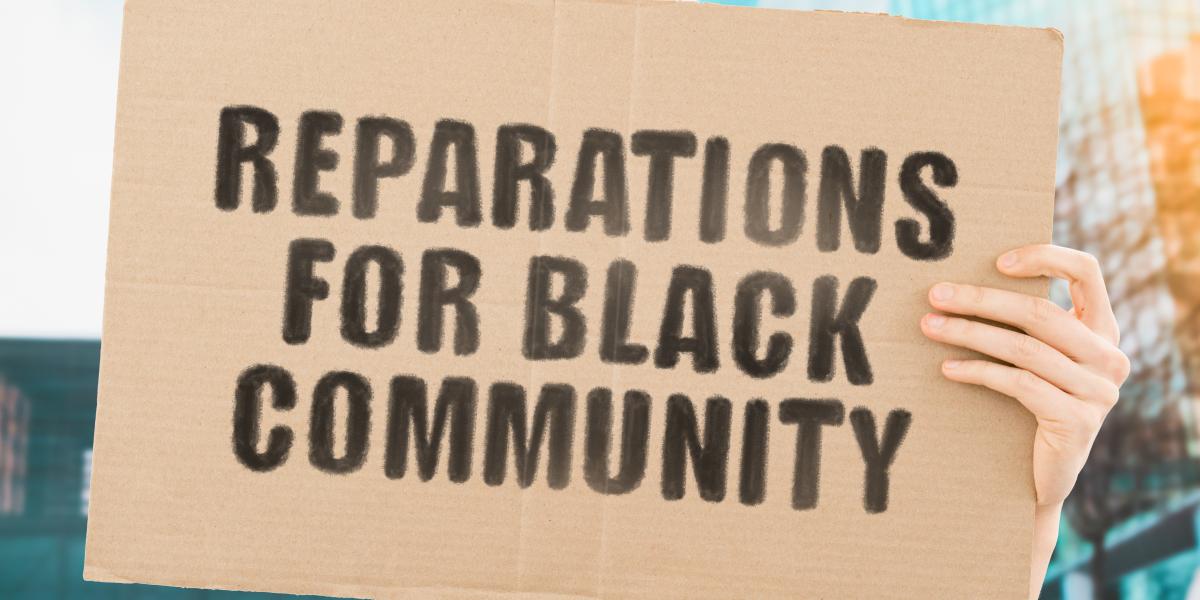Injustice in Reparations Leaves Justice Unfulfilled
The recent resurgence of the reparations debate in the United States has found a notable voice in Vice President Kamala Harris, who has openly expressed her support for compensating the descendants of enslaved Africans in her effort to garner increased support from Black voters. Both California and New York are leading the charge in this movement, with California unveiling a comprehensive reparations legislative package aimed at addressing historical injustices through reforms in education, housing, and criminal justice. Concurrently, New York has initiated a commission to investigate the harms inflicted by slavery to inform future reparations decisions. Meanwhile, in Oklahoma, efforts are underway to explore viable reparations pathways. In the United Kingdom, the Church of England has initiated similar discussions, proposing the establishment of a £1 billion reparative fund to confront its own links to slavery. An advisory group to the church criticized the previous £100 million fund as woefully inadequate, suggesting a need for significantly larger reparative measures to acknowledge its colonial past.
The foundational argument for reparations rests on a recognized moral obligation to rectify the wrongs of slavery, predicated on the belief that historical injustices should be adequately addressed. Advocates assert that the obligation to compensate victims of historical wrongs is essential to ensure justice and healing. However, attention is seldom focused on the complexities regarding who should be held accountable for historical injustices and the philosophical underpinnings concerning liability. Central to these discussions is the notion of individual responsibility; it is a widely accepted principle that individuals should not be held accountable for the actions of their forebears. According to philosophers like H.D. Lewis, ethical responsibility rests on the individual, suggesting that culpability for past actions should not burden those who are innocent today.
Proponents of reparations often justify state-sponsored compensations by asserting that the government, not individuals, will bear the financial responsibility. However, this raises pertinent questions about how governments can justly allocate funds for reparations. Since government money ultimately derives from taxpayers—many of whom may have no connection to the injustices of slavery—concerns arise regarding the ethical implications of redistributing wealth in this manner. The argument for democratic legitimacy through legislative approval is further complicated by critiques of taxation itself, as expressed by figures like David Gordon, who argue that taxation often resembles theft. Even in cases where a majority supports a reparative tax, it doesn’t necessarily translate to a fair or just action, raising potential ethical and legal concerns surrounding the imposition of such economic burdens on innocent citizens.
The essence of the justice sought by reparations advocates is critically called into question. As authors David Gordon and others contend, attempting to achieve justice through unjust means contradicts the foundational principles of law, such as the presumption of innocence and allocative due process. If reparative justice relies on methods seen as extortionate or unjust, it raises fundamental issues about the legitimacy of reparative actions. Additionally, introducing taxes specifically for reparations could foster new resentments, reigniting racial tensions rather than promoting reconciliation. The legislative actions undertaken in California targeting job opportunities and educational aids for Black residents face skepticism regarding their fairness and implementation across a diverse state comprising individuals of varied backgrounds.
Above all, opposition to various reparative initiatives has emerged from both individual taxpayers and legal entities arguing that such government measures potentially violate constitutional principles. In places like Evanston, Illinois, where reparations were distributed to Black residents, legal disputes have arisen challenging the fairness and legality of these programs, particularly from individuals who do not identify as Black. Critics argue that these attempts represent an unjust redistribution of resources based on race, contravening the ideals of a color-blind Constitution. With lawsuits in progress, questions about the constitutionality of these reparative policies remain open, especially in light of historical court rulings regarding discriminatory practices.
Ultimately, the reparations discourse embodies complex questions about morality, historical accountability, and social justice, intersecting with issues of individual rights and responsibilities. The suggestion that creating new injustices against innocent parties—such as those who may be unjustly taxed for historical wrongdoing—is not a sustainable or ethical path to resolving the grievances of the past underlines the necessity of reexamining and refining the approach to reparative justice. Some argue that pursuing reconciliation through means that do not require the demonization of individuals based on their race could provide an alternative framework for addressing historical injustices while fostering a more inclusive and equitable society. As the debate continues to evolve, finding a balance between acknowledging past wrongs and protecting the rights of all individuals remains a critical challenge.
Share this content:












Post Comment